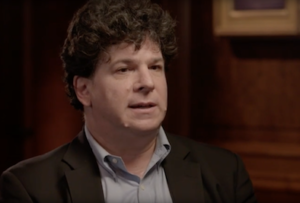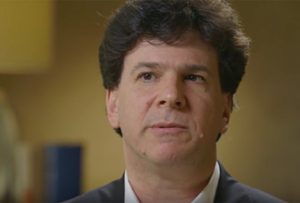The philosopher Karl Popper argued that we cannot know empirical truths with absolute certainty.
According to Popper, even scientific laws can’t be verified beyond a shadow of a doubt. They can only be falsified by testing. One failed test is enough to falsify, but no amount of conforming instances are sufficient to verify. Scientific laws are hypothetical in character and their truth remains subject to testing. Ideologies that claim to be in possession of the ultimate truth are making a false claim; therefore, they can be imposed on society only by force.
This concept creates particular challenges for economists, who like to think of themselves as “scientists” subject to the disciplines of rigorous empirical truths. But economics and economic policy don’t work that way because empirical economic truths typically are open to interpretation.
The reality is far more complicated. In situations with thinking participants, the participants’ view of the world is always partial and distorted. So our view of the world by necessity is fallible and incomplete. In addition, these distorted views can influence the situation to which they relate because false views lead to inappropriate actions, as we’ve seen in many different spheres, such as policy making, central banking practices, and investment decisions.
Eric Weinstein of Thiel Capital, a mathematician, physicist, and economist, explains these issues and their potential consequences in the interview.
Video



